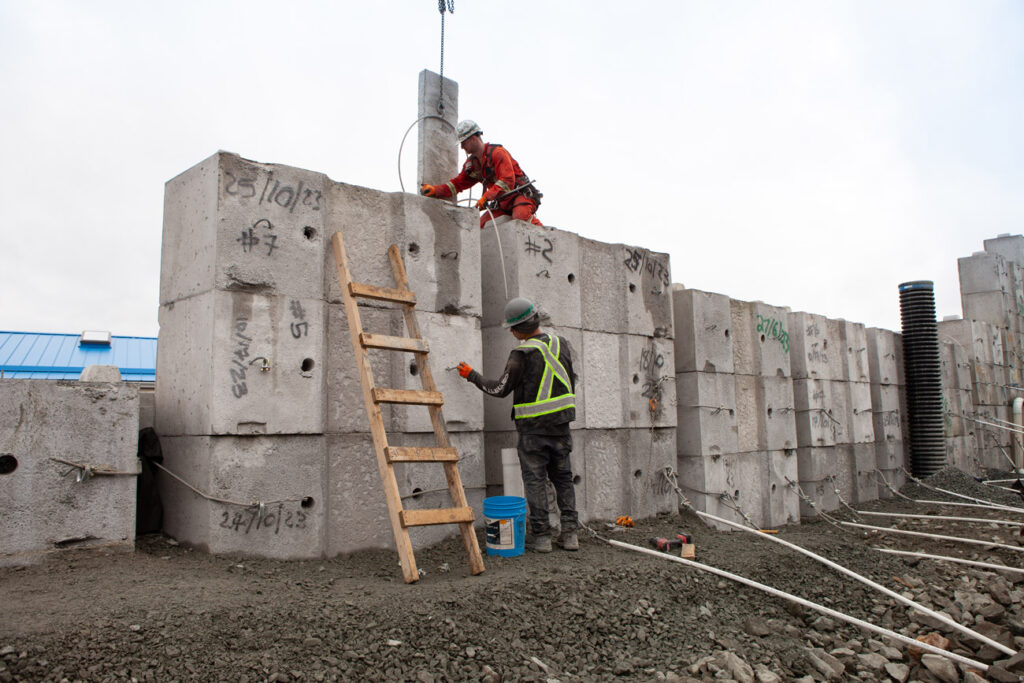Starting an earthmoving project can be an exciting step, whether you’re preparing land for a new home, a commercial site, or even a large-scale landscaping job. But before the machines arrive and the digging begins, there are several critical factors to consider. Proper planning and partnering with the right earthmoving company can save you time, money, and frustration—while also ensuring a safer, smoother process from start to finish.
Below are the key considerations every property owner or project manager should keep in mind before starting an earthmoving project.
Define the Project Scope and Goals
Every successful project starts with a clear plan. Before you even contact an earthmoving company, you should have a detailed understanding of what needs to be done. Will you be clearing vegetation, digging foundations, leveling land, or trenching for utilities? Is it a small residential project or a large commercial one?
Being clear about your objectives allows you to communicate your needs effectively and ensures the earthmoving company can prepare the right equipment and team. A clearly defined scope also helps avoid confusion or scope creep later in the process.
Understand Soil Type and Ground Conditions
Not all ground is created equal. The type of soil—be it clay, sand, rock, or loam—can significantly affect how the project is approached. Some soils are easier to work with, while others may require specialized equipment or more time.
A professional earthmoving company will usually conduct a site inspection to assess the ground conditions before beginning work. Soil testing may also be recommended to determine stability, drainage, or other key characteristics. By understanding these factors early on, you can avoid unexpected problems and keep your project on track.
Research Legal Requirements and Permits
Before earth is moved, it’s crucial to understand your legal responsibilities. Most regions require specific permits for earthmoving projects, especially if the work could affect drainage, environmental zones, or neighboring properties. Some councils may require approval for tree removal, land reshaping, or working near public infrastructure.
A knowledgeable earthmoving company will be familiar with local laws and can often help navigate the permitting process. However, it’s your responsibility as the landowner to ensure all paperwork is in place before work begins.
Plan Your Budget Carefully
Earthmoving is a resource-heavy task, and costs can add up quickly if not managed properly. It’s important to get a comprehensive quote from your chosen earthmoving company, including all expected expenses like equipment hire, labor, fuel, site preparation, and waste removal.
Also, ask how they handle unexpected costs or delays. Having a clear payment schedule and contingency plan will help you manage your finances and avoid surprises halfway through the project.
Choose the Right Earthmoving Company
Selecting the right earthmoving company is perhaps the most important decision you’ll make. Look for a company with:
- Experience in similar types of projects
- A solid reputation and positive client reviews
- Proper licenses and insurance
- A commitment to safety and environmental responsibility
Ask to see examples of past work or request client references. A good company will be transparent, professional, and happy to discuss your project in detail.
Evaluate Site Access and Layout
Access to your site is another essential factor. Earthmoving equipment is often large and requires space to move and operate. Narrow driveways, steep gradients, soft soil, or nearby obstacles like power lines or trees can all pose challenges.
Your earthmoving company should conduct a site visit to assess accessibility and propose solutions. In some cases, adjustments may be needed—like temporary access roads or the use of smaller, more maneuverable machinery.
Consider Environmental Impact
Earthmoving can disrupt ecosystems, change natural water flow, and affect nearby vegetation. If your site includes trees, creeks, or sits on sloped terrain, environmental planning becomes even more important.
A responsible earthmoving company will take steps to minimize environmental damage by using best practices like sediment control, safe waste disposal, and preserving native vegetation where possible.
Time the Project Around Weather
Weather can significantly affect earthmoving work. Heavy rain, strong winds, or extreme temperatures can delay progress and increase safety risks. Try to schedule your project during a stable weather period and allow buffer time in your schedule for possible delays.
Experienced earthmoving companies know how to plan around weather patterns and can advise you on the best time to start.
Don’t Overlook Safety
Safety is critical in any earthmoving project. Heavy machinery, open pits, and unstable ground all present risks. A reputable earthmoving company will have safety protocols in place, including trained staff, equipment checks, and proper signage.
Ask the company about their safety record and how they manage risks on-site. Everyone involved should be briefed on safety procedures to avoid accidents.
Conclusion
An earthmoving project is a big investment of time and resources. Taking the time to plan properly and work with a trusted earthmoving company is essential to achieving successful results. By considering factors like soil conditions, permits, access, budget, and safety, you’ll be far better prepared to handle the demands of the job.
With a reliable earthmoving company by your side, you can approach your project with confidence—knowing that your land is in expert hands and that every detail has been carefully thought through.
